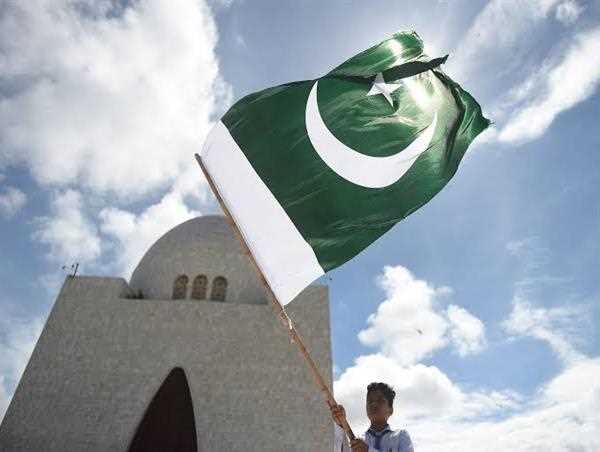
Pakistan, a country located in South Asia, was established in 1947 as a result of the partition of British India. In the initial years of its existence, Pakistan showed signs of strong economic and social development. However, over the years, Pakistan's growth and development have been hindered by a variety of factors, leading to its current status as a relatively weak country.
One of the main reasons why Pakistan is not a strong country anymore is its political instability. Since its inception, Pakistan has been plagued by political turmoil, with frequent changes in leadership, military coups, and a lack of political stability. This has resulted in weak governance, inconsistent policies, and an inability to implement long-term plans for economic development and growth.
Another factor that has contributed to Pakistan's weakness is its troubled relationship with its neighbors, particularly India and Afghanistan. The longstanding conflict with India over the disputed region of Kashmir and the ongoing violence in Afghanistan have not only drained Pakistan's resources but also created an atmosphere of insecurity, both internally and externally.
Furthermore, Pakistan's economy has been struggling for years due to a combination of factors such as corruption, inflation, and a lack of foreign investment. The country has faced several balance of payment crises, with high levels of external debt, and the country has had to seek IMF bailouts to stay afloat. These economic struggles have led to a decline in the standard of living of many Pakistanis, with poverty and unemployment being significant issues.
Moreover, Pakistan's education system and infrastructure have not kept up with the pace of development seen in other countries. This has resulted in a shortage of skilled labor, a lack of technological innovation, and an underdeveloped industrial sector. The country has also suffered from a lack of investment in its healthcare system, leading to a weak public health infrastructure.
Finally, Pakistan's image has been tarnished by its association with terrorism. The country has been accused of providing support to terrorist organizations, leading to it being placed on the Financial Action Task Force (FATF) grey list. This has further weakened the country's economy by discouraging foreign investment and damaging its international reputation.
In conclusion, Pakistan's weaknesses stem from a combination of factors, including political instability, troubled relations with neighbors, economic struggles, and a weak education and healthcare system. These issues have led to a decline in the country's economic and social development, making it less influential in the region and the world at large. To regain its strength and stability, Pakistan needs to address these issues and take steps towards economic growth, political stability, and improved relations with its neighbors.